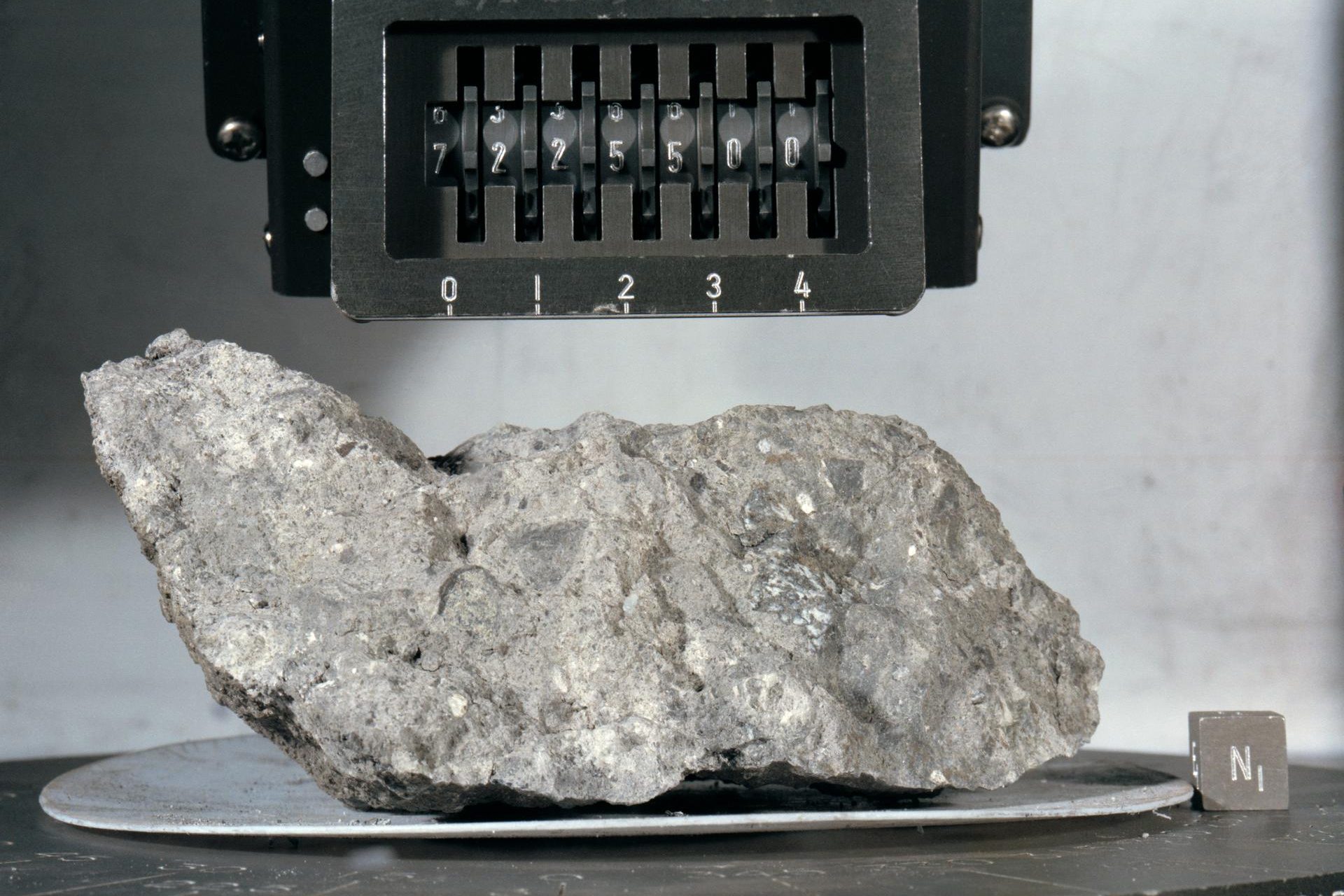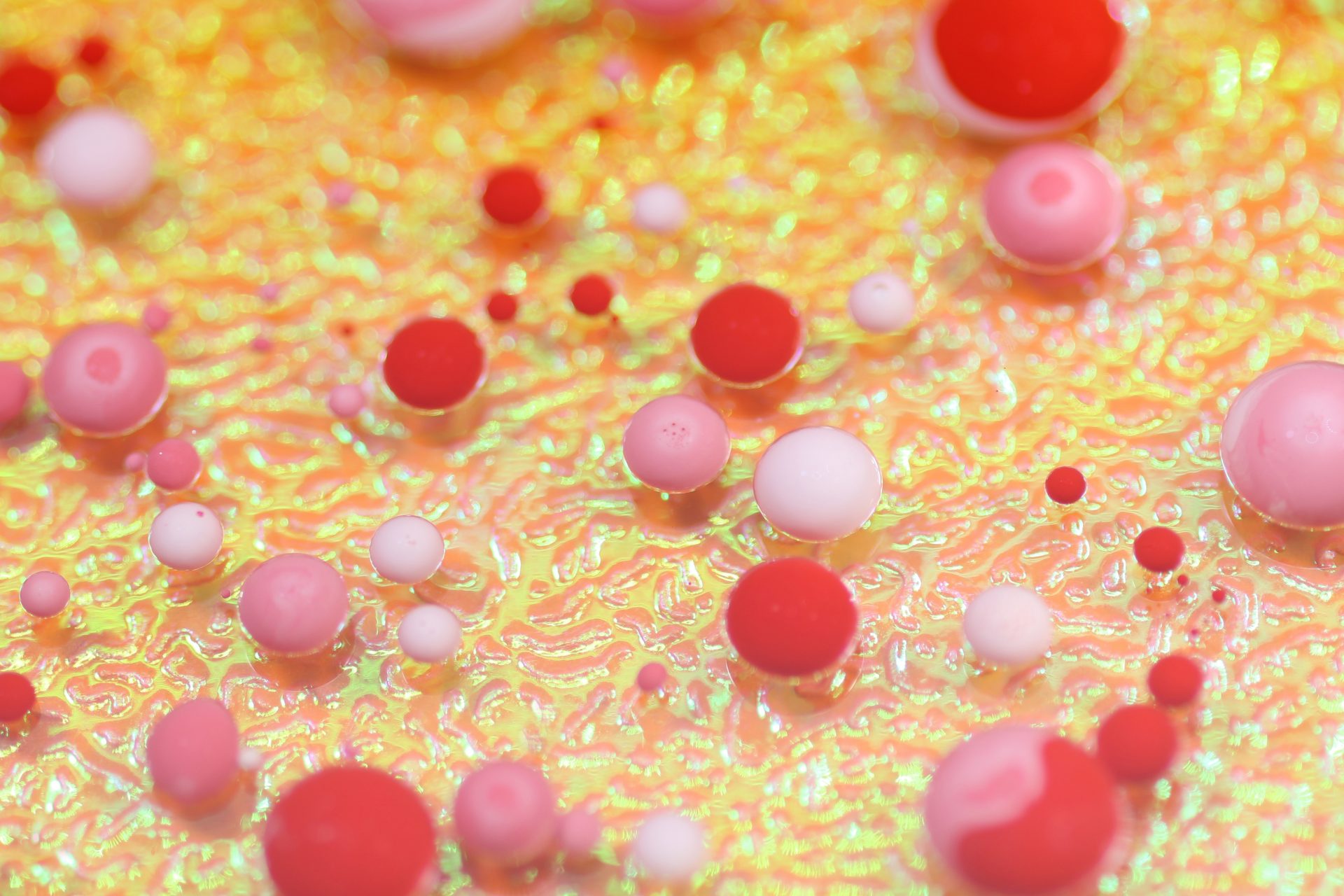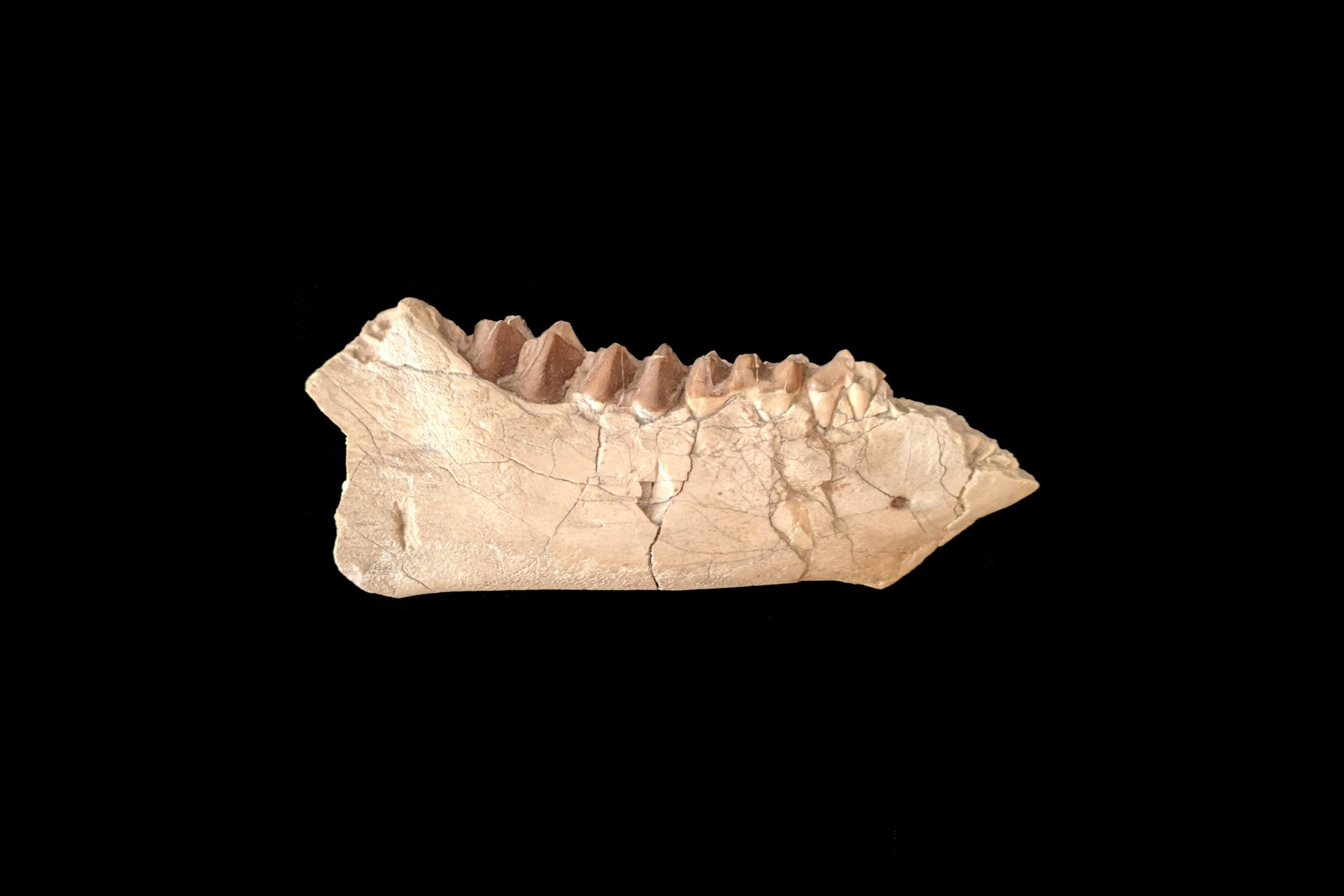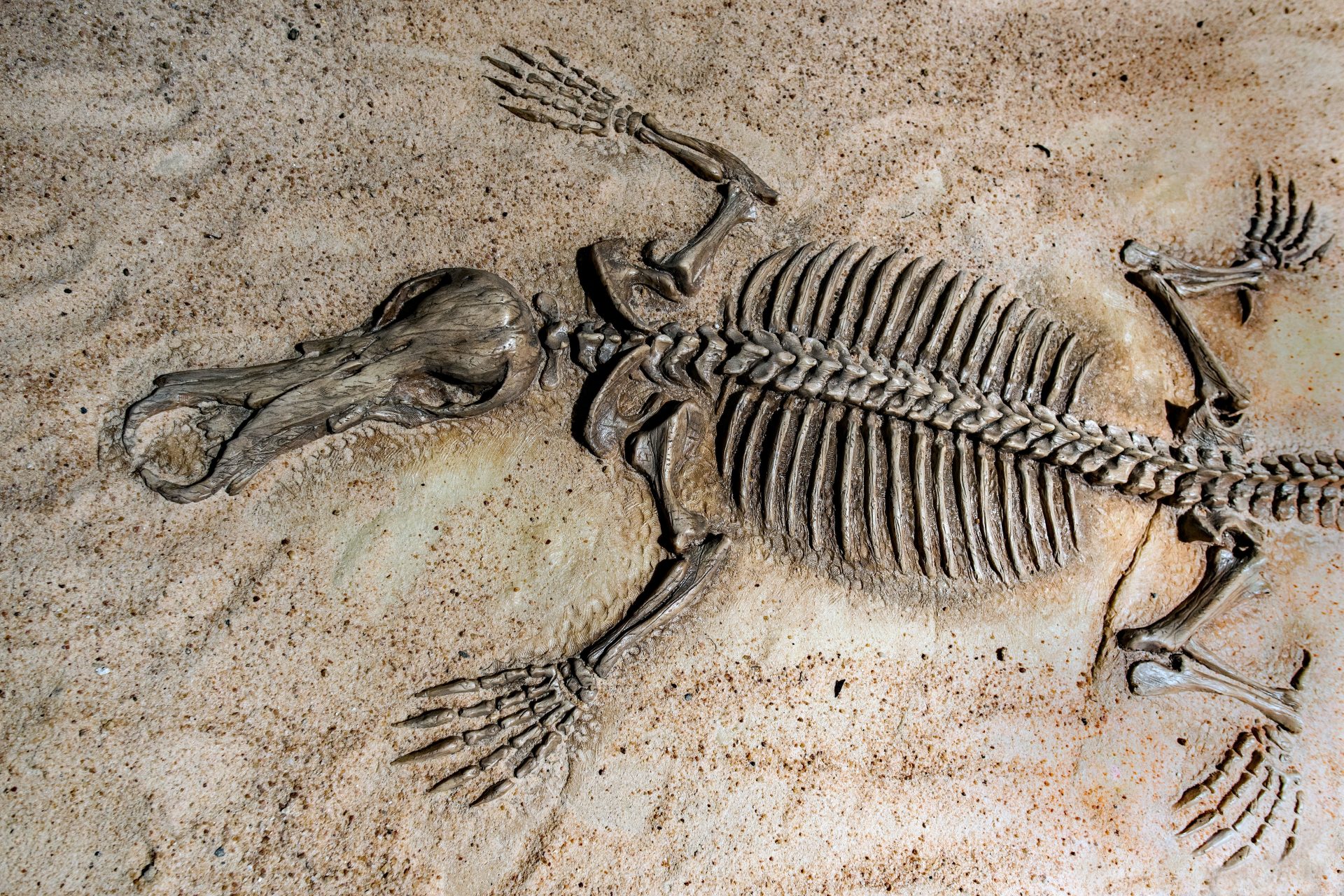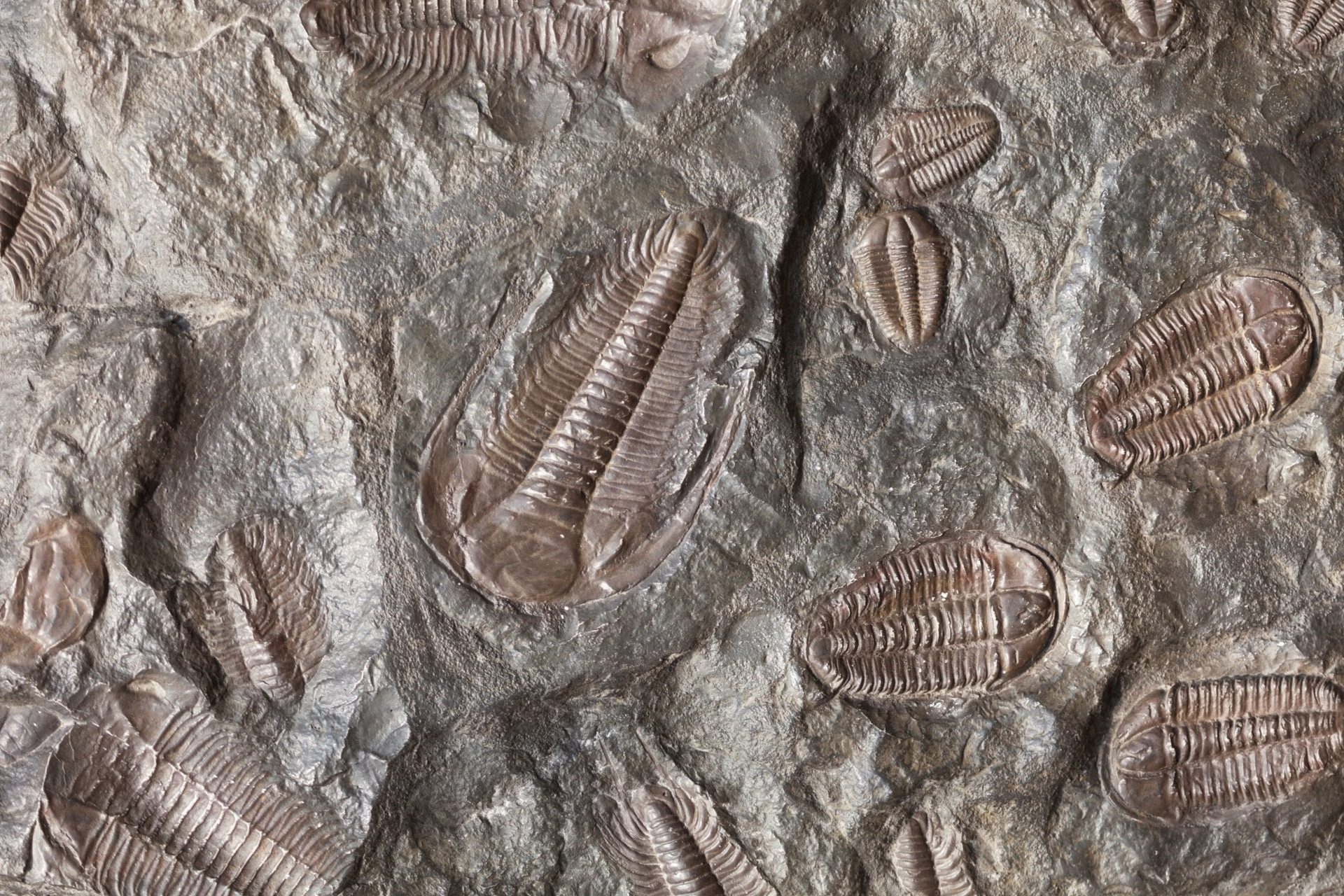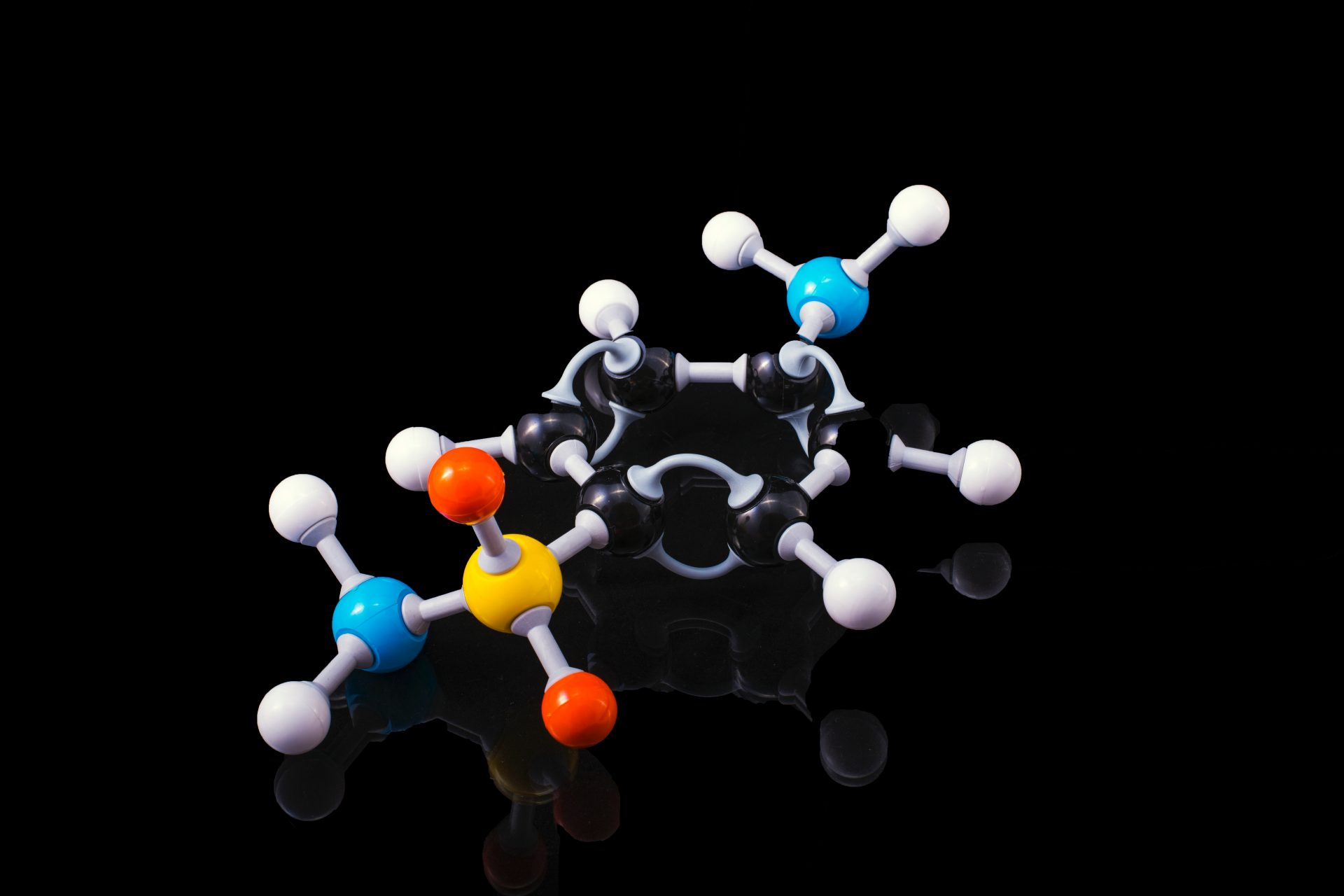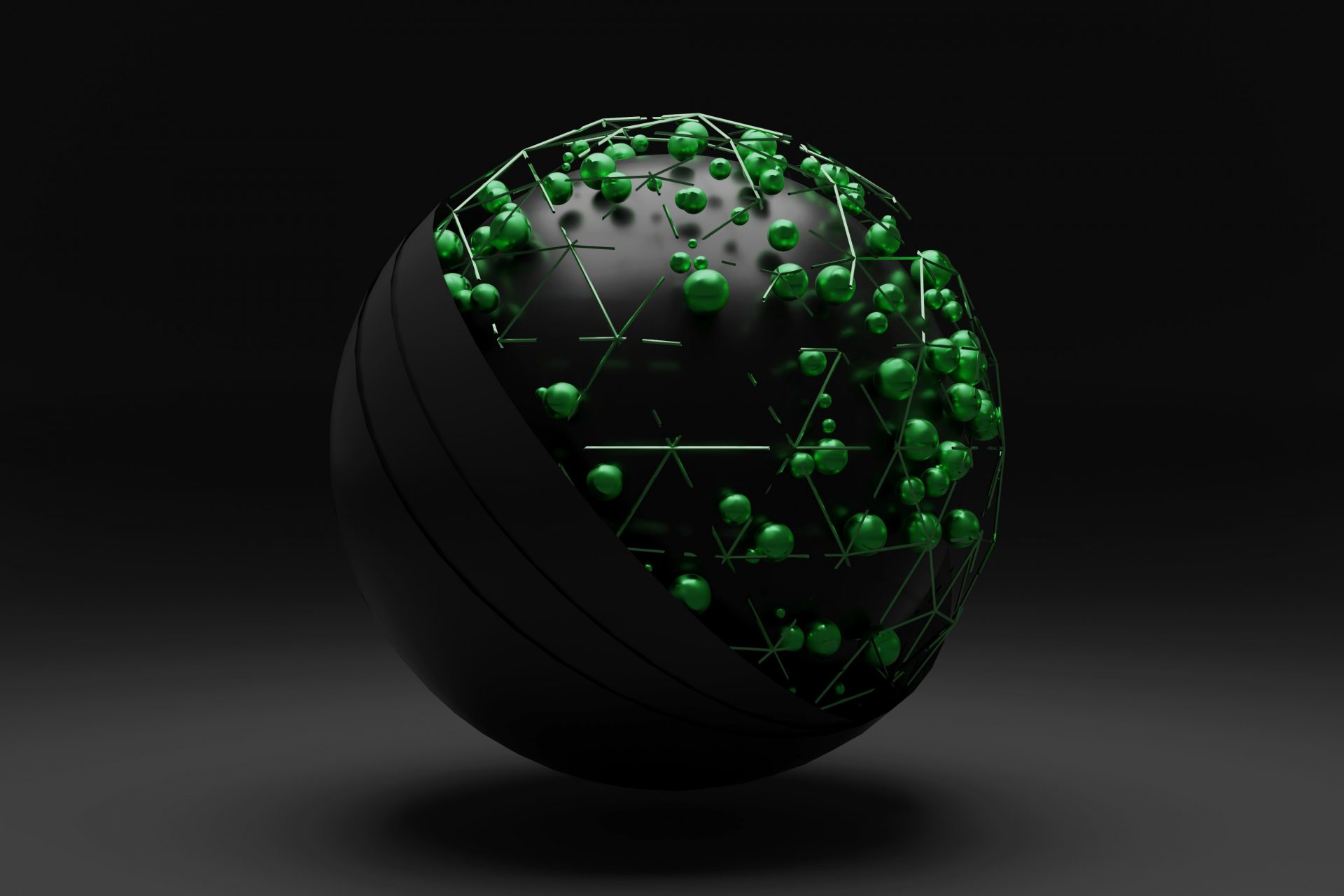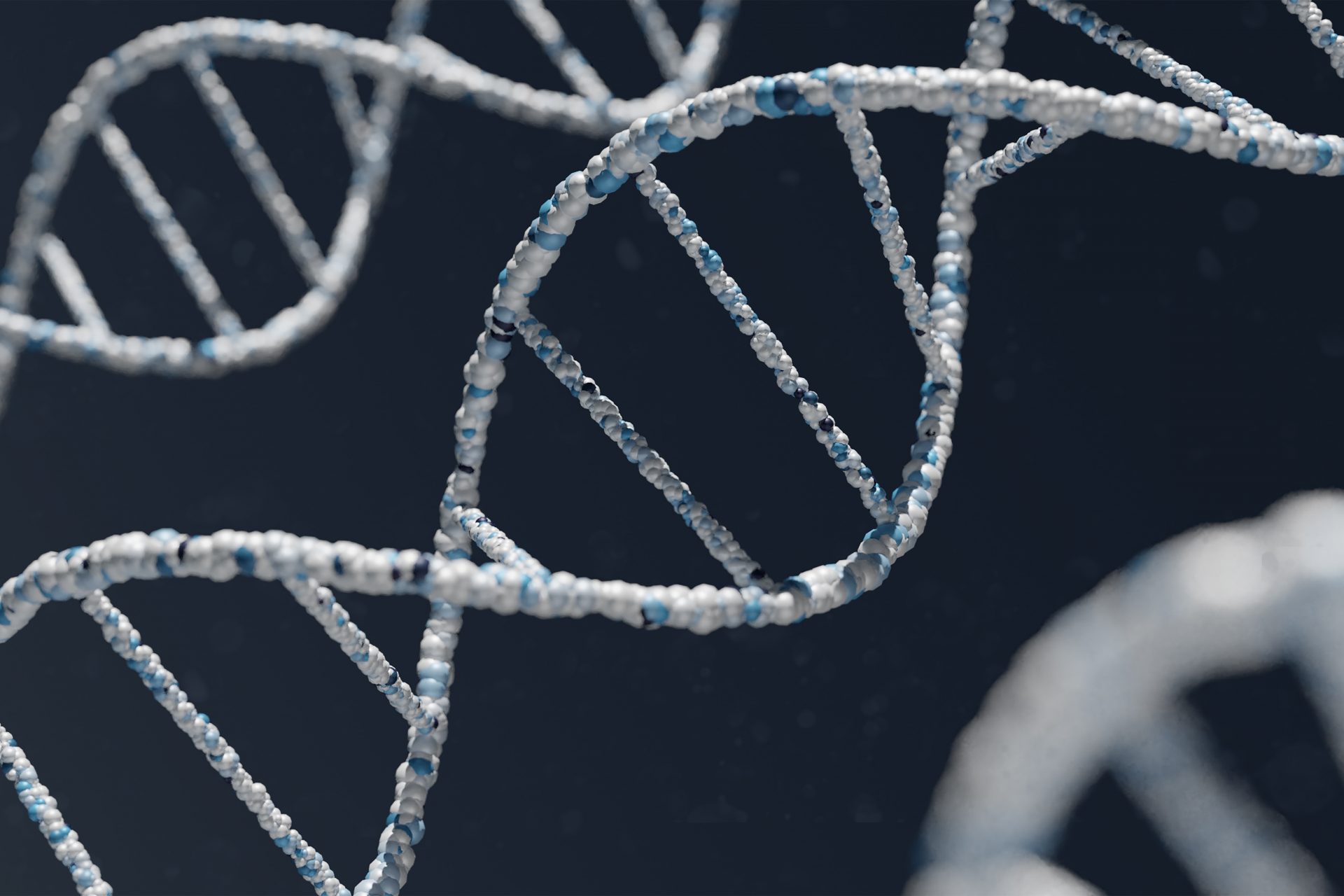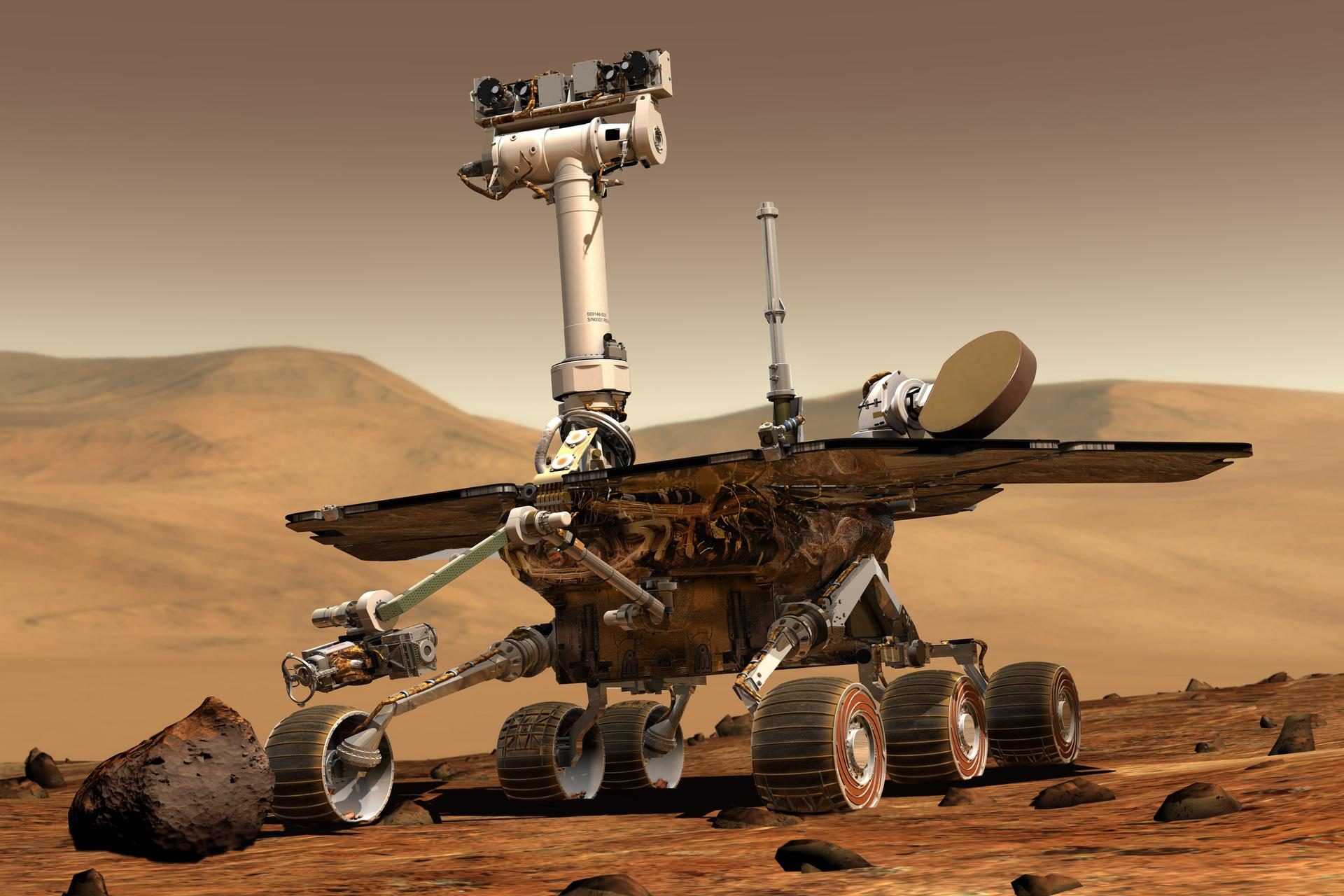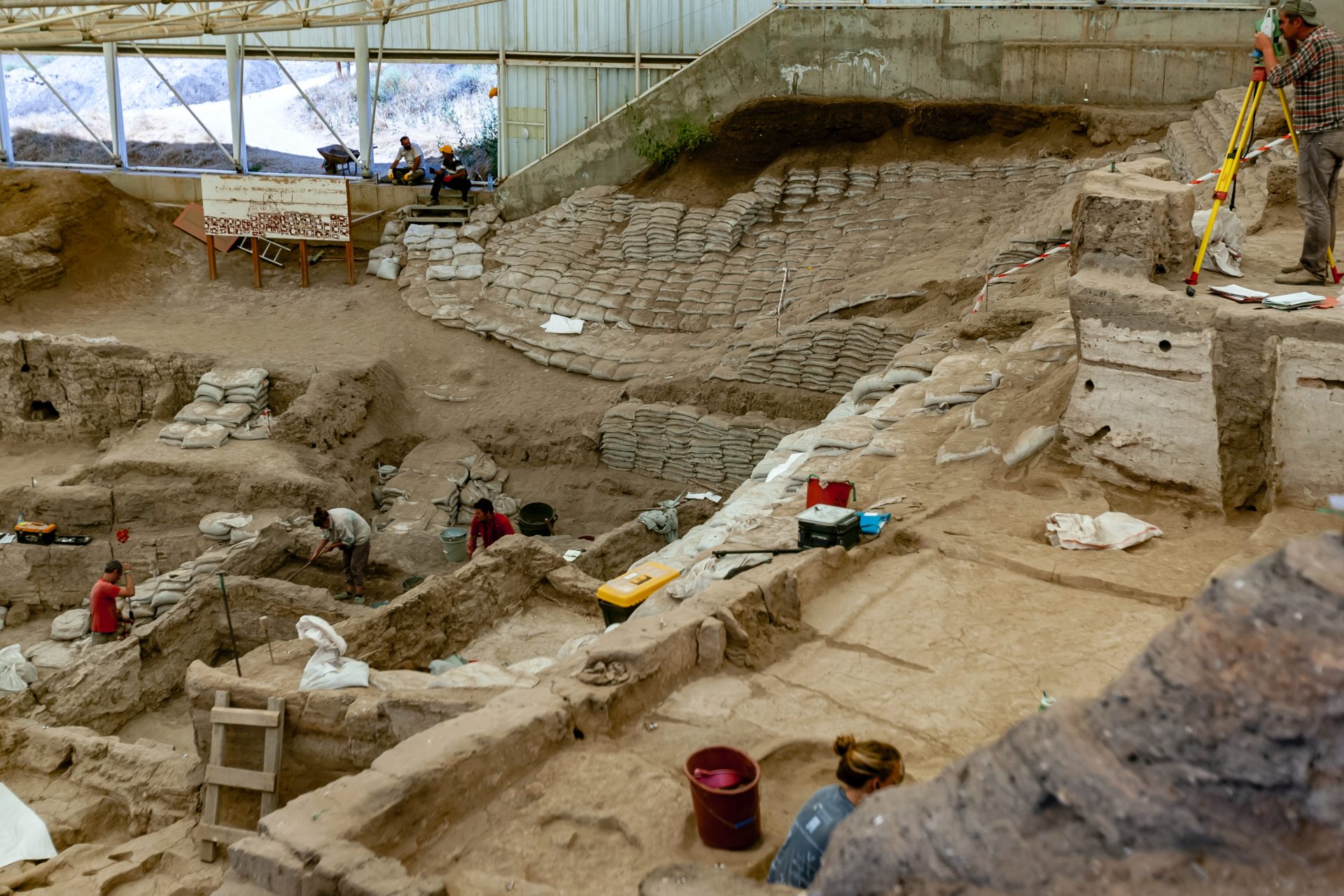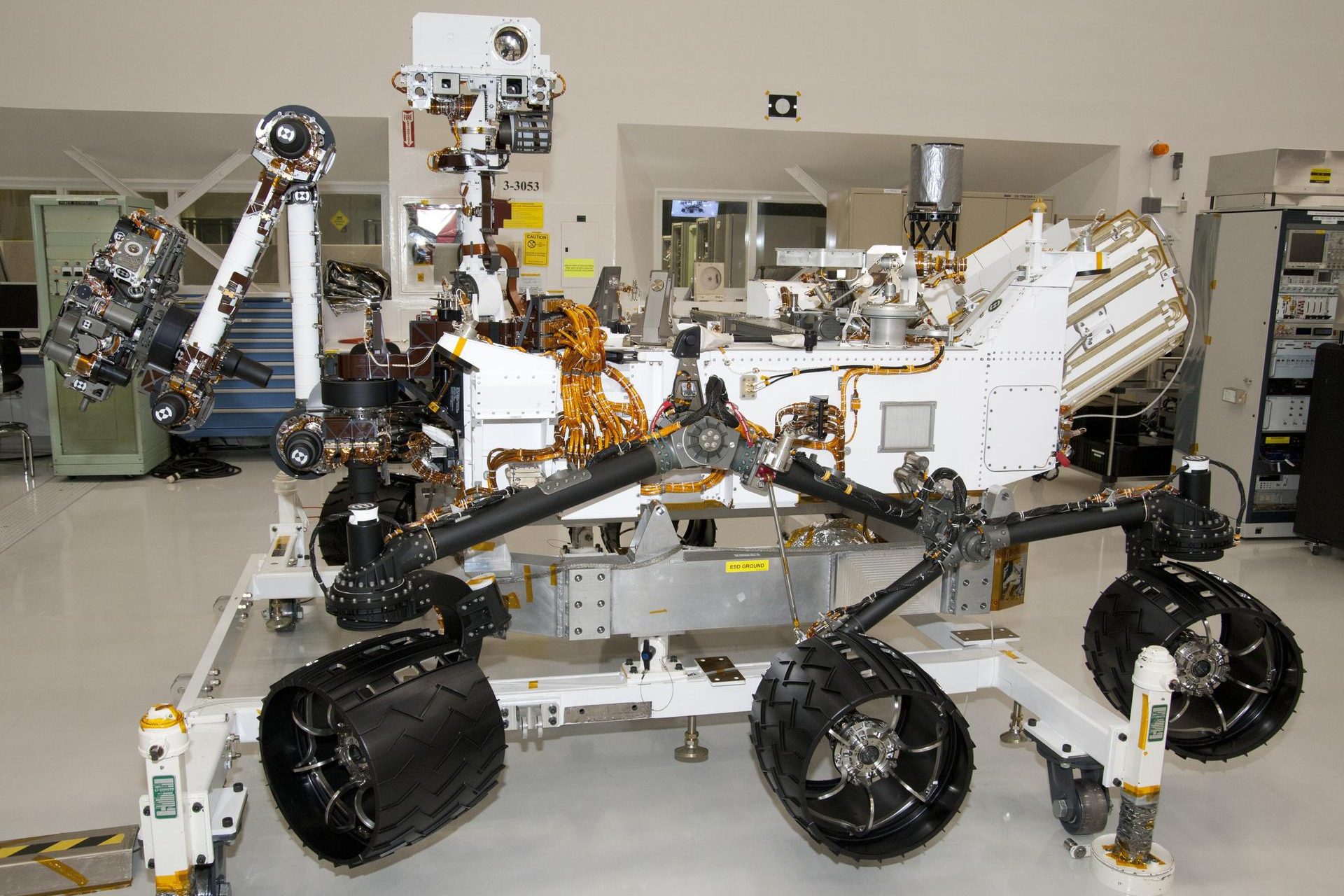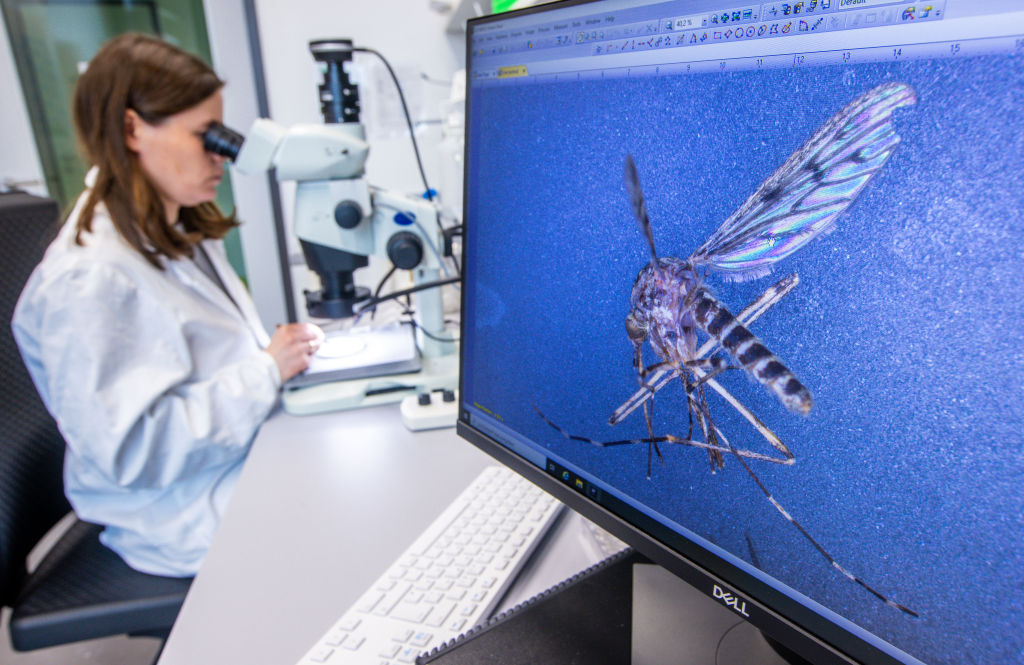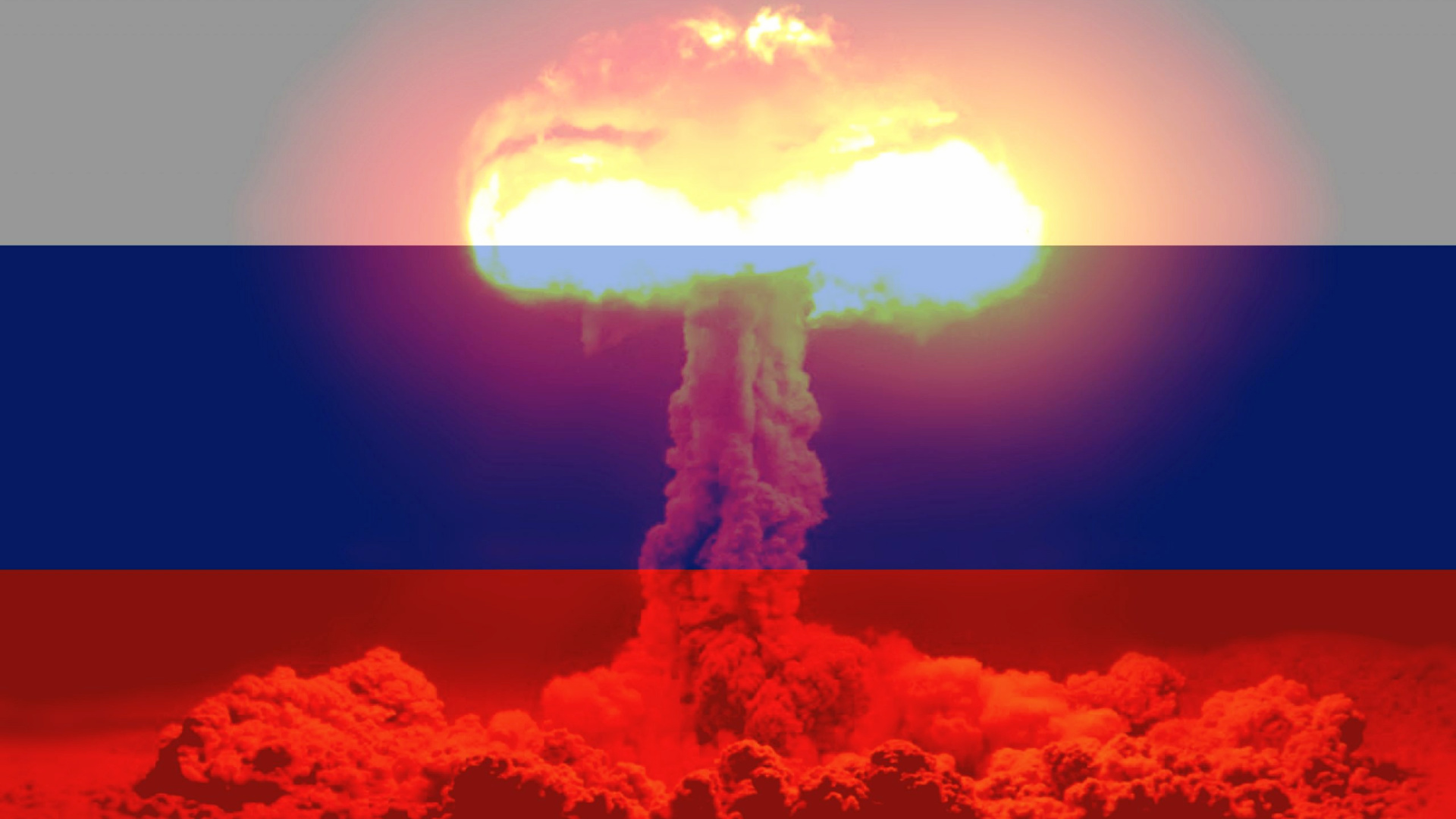This AI can detect extraterrestrial life
AI that can detect alien life
As artificial intelligence progresses, we find it’s able to do more and more amazing things; the latest one? Detect extraterrestrial life.
It can distinguish between biological and non-biological samples
A group of seven scientists built an AI that can distinguish between samples of biological and non-biological origin, as published in the journal Proceedings of the National Academy of Sciences (PNAS) on September 25, 2023.
Photo: lunar rock sample/NASA
90% accuracy
The machine-learning algorithm, trained using living cells, fossils, meteorites and lab-made chemicals, identified the samples with a 90% accuracy, according to the scientists.
Photo: Fly D/Unsplash
134 biotic and abiotic samples
The AI analyzed data of 134 known abiotic and biotic carbon-rich samples and successfully distinguished biotic (such as teeth, bones, etc.) from abiotic (such as lab chemicals), the researchers noted.
Photo: Matt Artz/Unsplash
Can also identify remnants of ancient life
Moreover, the AI also identified remnants of ancient life, such as fossils, something that was difficult until now, because collections of organic molecules, whether biotic or abiotic, tend to degrade over time, the researchers explained in a press conference.
Photo: David Clode/Unsplash
Signs of biology preserved over hundreds of millions of years
Surprisingly, in spite of decay and alteration, the new analytical method detected signs of biology preserved in some instances over hundreds of millions of years, the researchers noted.
Photo: Wes Warren/Unsplash
How does it work?
The AI can detect subtle differences within a sample’s molecular patterns as revealed by pyrolysis gas chromatography analysis (which separates and identifies a sample’s component parts).
Photo: Terry Vlisidis/Unsplash
Analyzes molecular components and their weight
Moreover, it analyzes mass spectrometry, which determines the molecular weights of those components, scientists said.
Photo: Shubham Dhage/Unsplash
“Chemical rules of life”
One of the lead authors, Dr. Robert M. Hazen, said they began “with the idea that the chemistry of life differs fundamentally from that of the inanimate world; that there are ‘chemical rules of life’ that influence the diversity and distribution of biomolecules”.
Photo: Warren Umoh/Unsplash
Deduce the rules of life to detect it on other planets
“If we could deduce those rules”,
Hazen thought, “we can use them to guide our efforts to model life’s origins or to detect subtle signs of life on other worlds.”
We may find lifeform from another planet
Dr. Hazen explained that the results mean that they may be able to find a lifeform from another planet, another biosphere, “even if it is very different from the life we know on Earth”.
Alien biochemistries
He added that we can’t assume alien life will use DNA, like Earth life, but that this AI technology is “a big deal” because it will be able to detect “alien biochemistries, as well as Earth life”.
They’ll start by analyzing rocks collected from Mars
The researchers said that the technology was used right away and they started by analyzing data on rocks from Mars collected by the Curiosity rover.
Photo: Curiosity rover illustration/NASA
Mysterious ancient rocks found on Earth
Furthermore, they also analyzed mysterious ancient rocks found on Earth, to potentially reveal their origin, they said at a press conference.
Photo: Hulki Okan Tabak/Unsplash
A revolution in the search for extraterrestrial life
With this method, the scientists hope to “revolutionize the search for extraterrestrial life and deepen our understanding of both the origin and chemistry of the earliest life on Earth,” they said.
Using AI smart sensors for robotic spacecraft
Moreover, the AI opened the way to using smart sensors on robotic spacecraft, landers and rovers to search for signs of life before the samples return to Earth, the scientists said.
Photo: Curiosity rover/NASA
More for you
Science and health
The high-security lab that contains the world’s deadliest viruses
23 december, 2024
Top Stories
1
2
3
4
Science and health
The high-security lab that contains the world’s deadliest viruses
23 december, 2024
5
Science and health
The Cost of Christmas: how our beloved holiday is killing the planet
23 december, 2024

Science and health
The Cost of Christmas: how our beloved holiday is killing the planet
23 december, 2024

World
If nuclear war were to break out between Russia and the US, these are the worst places to be
22 december, 2024


